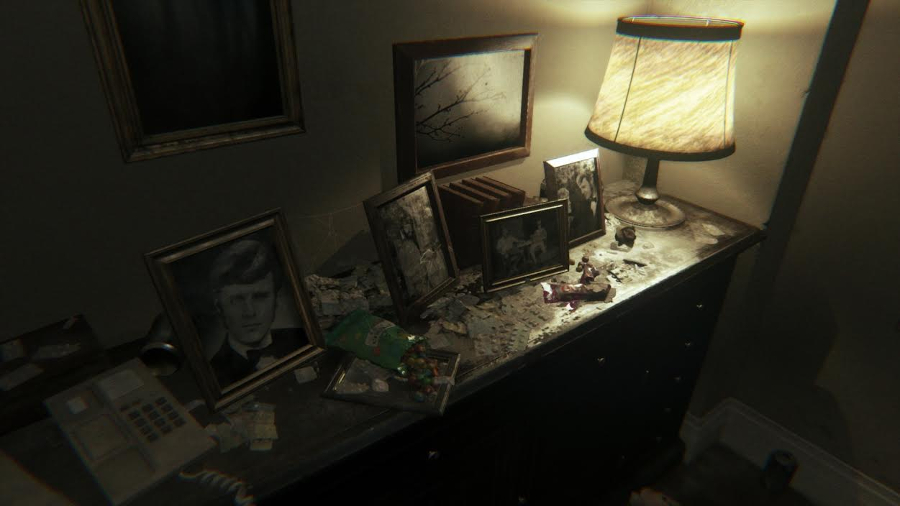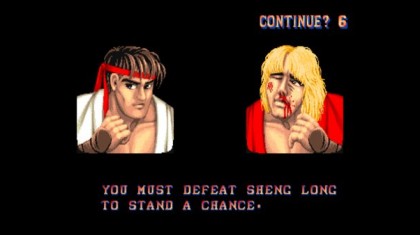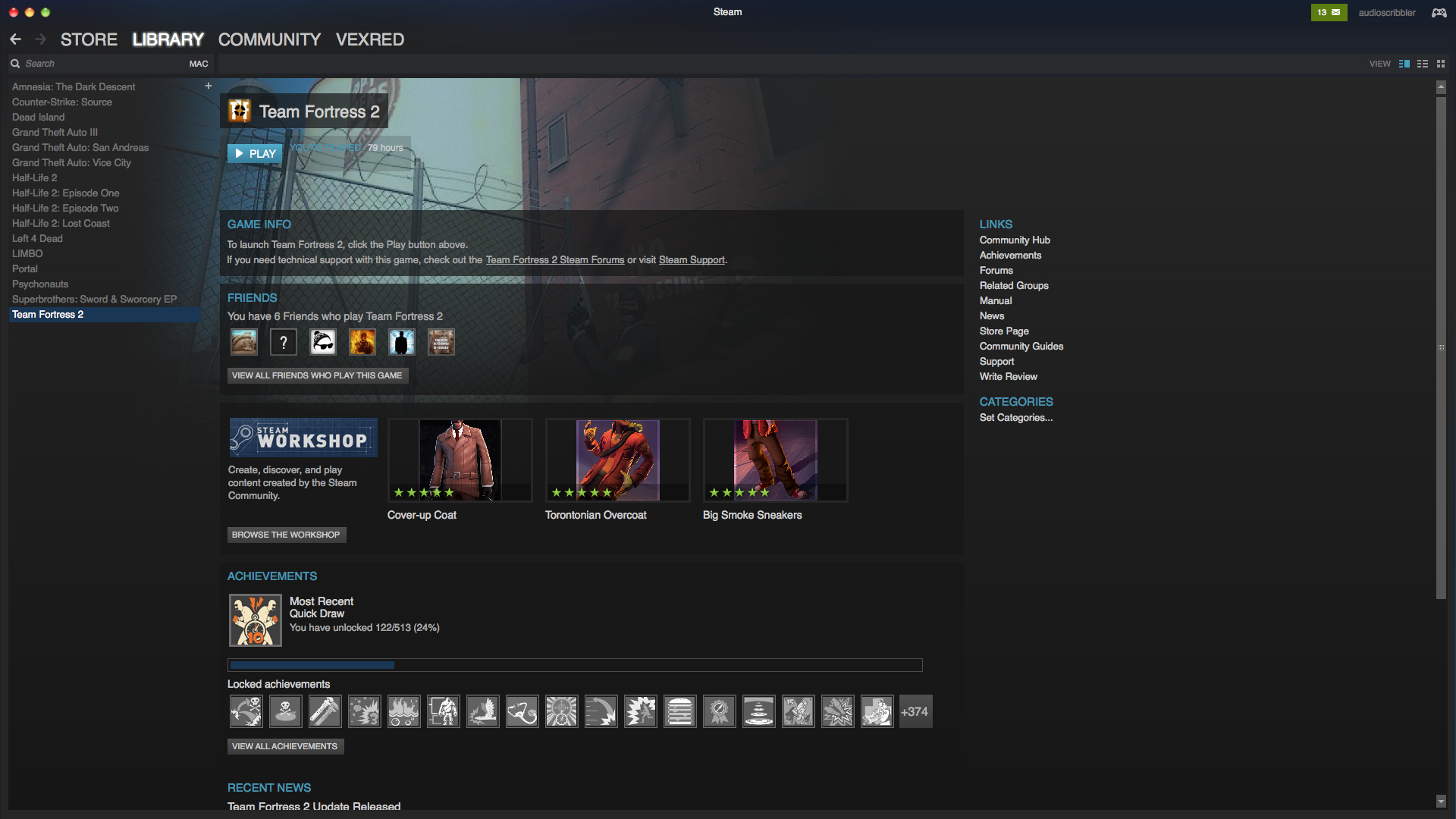Why it shouldn't be left to pirates to keep our games alive
The demise of Silent Hills is a rude awakening for PC owners

Sign up for breaking news, reviews, opinion, top tech deals, and more.
You are now subscribed
Your newsletter sign-up was successful
On the one hand, Konami pulling Hideo Kojima's P.T. from the Playstation 4 is almost perfect. Skip forward a few years and it's going to be one of the most legendary games ever made.
Even with YouTube having mapped it out, stories of its mysteries will be told by holographic monitorlight. How it was so scary it killed people. Of how putting in the Code would let you play as Sonic the Hedgehog. It'll be like kids in the 90s swapping stories of mythical Nude Raider codes and the most badass of Street Fighters character, Sheng Long.

At the same time, the fact that games can just disappear like this is at best short-sighted and at worst, tragic. Whole worlds cease to be when the servers for games like City of Heroes are switched off, and with digital distribution, great swathes of the industry only exist because someone has yet to cut the cord.
The more we move to streaming and online experiences over downloaded games, the worse things get. It seems inevitable that at some point we'll get games like we get Netflix, with nothing to hold onto but memories and Let's Plays.
Going, going... gone?
Does it matter that the latest shooter will disappear? In the grand scheme of things, no, probably not. But here's the thing. Pretty much no great work is recognised at the time, often even by its authors. Van Gogh was considered a failure in life. Shakespeare's plays were, for the time, little but disposable trash, saved only by a couple of colleagues binding them into the First Folio.
Dickens was hugely successful in his time, but his goal of spreading a message about poverty and injustice with A Christmas Carol absolutely pales to its effect on the holiday itself, not least making the rarity of a snowy Christmas morning into a national expectation. Star Trek was deemed a flop. It took years for Only Fools And Horses to become a national institution. Artistic works that emerge from the cocoon as a clear cultural moment are rarities. Those that hold up are even rarer.

Games may not have found that resonating culture moment yet, but only a fool would bet against it happening at some point. On a lesser level, the makers of Space Invaders couldn't have predicted that those shapes would become as iconic as the classic flying saucers, nor Pacman's designer expected its simple design to survive where hundreds of mascots have been and gone and faded from the popular memory.
Sign up for breaking news, reviews, opinion, top tech deals, and more.
Saving the game
Even if we discount all of that though, it's still a huge shame that great moments and artistic accomplishments are seen as disposable at a time when we can quite literally look to saving all of them. Every last one. Storage is cheap.
Yet year after year, the only people who actually show much interest in doing so are… and this is a loaded term, but hold a moment… pirates. The term 'abandonware' refers to games that have been abandoned by their creators, though it's not remotely a legal definition, especially in an era where sites like GOG.COM and Steam and Nintendo's Virtual Console will bring back the strangest of games and put them on sale.

Nevertheless, only a tiny fraction of games from the past will ever see a return via this way, whether it's because the rights to the title have been lost (as with No-One Lives Forever, where literally nobody knows who even owns it any more) or whoever owns it has no interest in the hassle of digging them out again.
Abandonware in particular isn't about playing free games, but cataloguing and archiving them for the future - a standard rule in the community is that if a game becomes available to buy, the copy comes down and people are sent to the store.
As such, the industry has generally turned a blind eye, with a few notable exceptions. It's also notable that services like GOG.COM and Steam are able to sell so many copies of games that are usually one Google search away. The wrapping to make them run nicely on modern computers is definitely a draw, but generally old games aren't that hard to get running these days. Hurray for DOSBox, and VMWare.
Difficult task
The problem is that as more and more games move from being a discrete chunk of code on players' computers to online/offline hybrids, digitally distributed content and so on, this archiving becomes harder. To take a copy of, say, 1984's Flightmare, you just need to copy a file or two.
To keep something like World of Warcraft alive when the lights go off, you need to create server software and tinker with the files. Likewise, something like Watch Dogs isn't going to work without at least a crack, being wrapped around UPlay.

This brings would-be archivists screaming into an American law called the DMCA - Digital Millennium Copyright Act - which prohibits breaking any copy protection regardless of how poorly executed or effective it is. Pirates of course don't care. For more official archival purposes though, like archive.org's collection of DOS games that soon becomes a major legal obstacle.
The industry has absolutely no interest in this though, with its main trade body the ESA fighting tooth and nail against it. This should not be a surprise, since the ESA's job is to act as both battering-ram and hate-sponge for its members so that they can continue being fluffy dream factories in public, but it is a desperate shame. You only have to look at the cultural effect of the BBC's old policy of just wiping and reusing tapes to see how much is lost with such short-sighted thinking. We're not just talking old episodes of Doctor Who.
Then though, as with gaming's own history, the problem was a simple one of resources. Now, we have the tools, as the pirates and archivists and file-sharing services like 4Shared and Mega pointedly prove every day.
What's missing isn't even the will, or the why or even the how, but simply the thumbs up - for the industry to worry at least as much about protecting its babies from the ravages of tomorrow as the pirates of today, and accept that an industry worth billions is one whose creations deserve to survive longer than a console cycle.